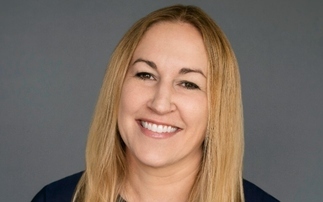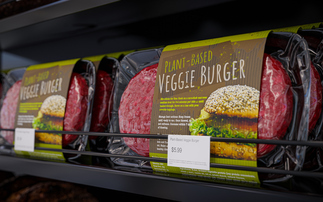Chas Moloney of Ricoh UK argues embracing the latest technology can help companies develop more effective green marketing
Green, eco-friendly, sustainable, carbon efficient, environmentally friendly - the list of words associated with being green is endless. However, being 'green' no longer means simply meeting sustainability...
To continue reading this article...
Join BusinessGreen
In just a few clicks you can start your free BusinessGreen Lite membership for 12 months, providing you access to:
- Three complimentary articles per month covering the latest real-time news, analysis, and opinion from Europe’s leading source of information on the Green economy and business
- Receive important and breaking news stories via our daily news alert
- Our weekly newsletter with the best of the week’s green business news and analysis






